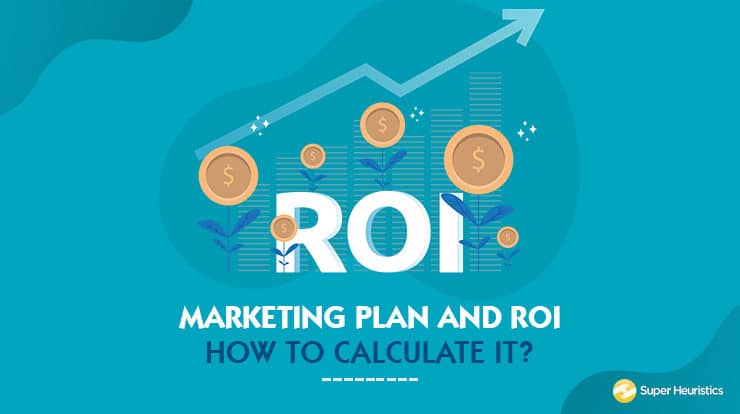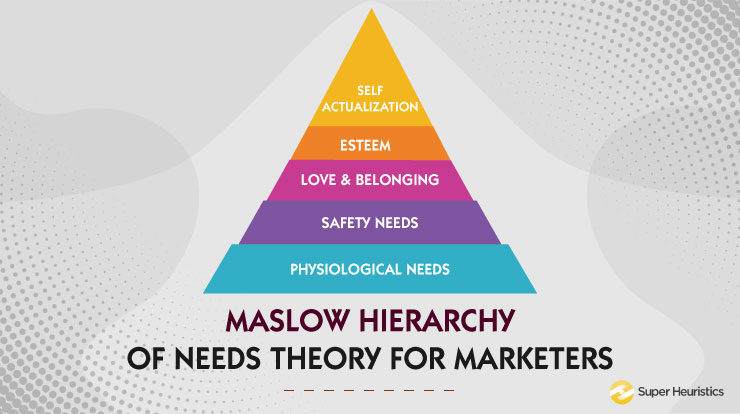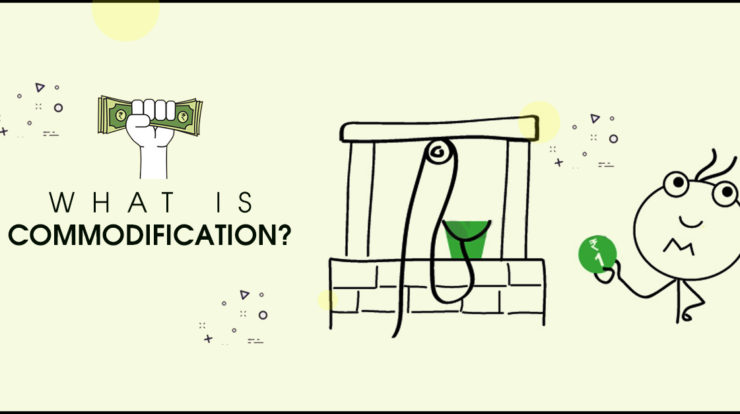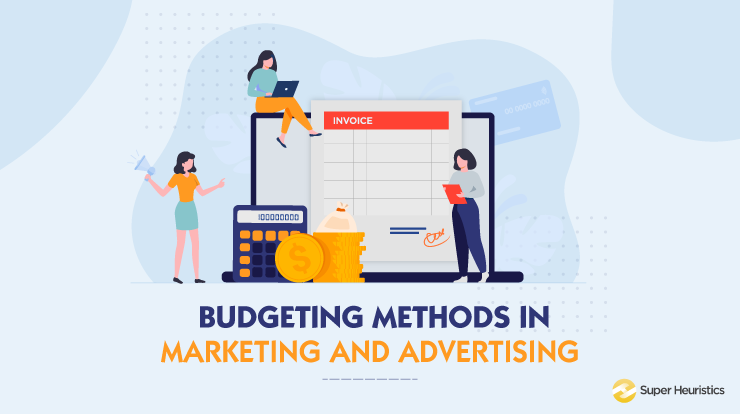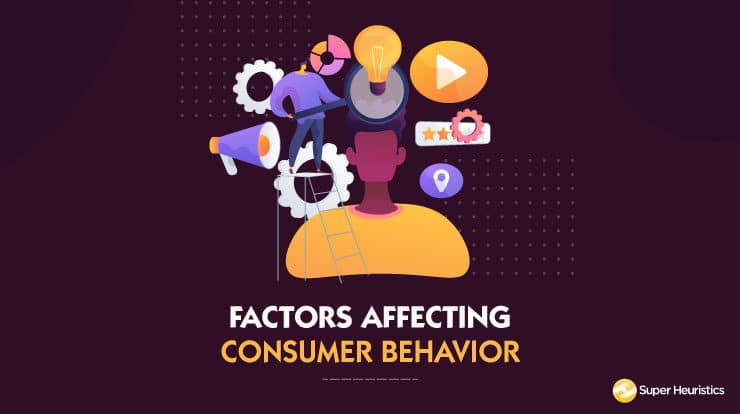
Today's consumer changes his habits and preferences very frequently. Marketers need to understand its consumers' nerve to offer them precisely what they want. The marketers should know how the consumers think, feel, act and behave. Let us understand what consumer behaviour is and why is it important for marketers before getting on to learn the factors affecting consumer behaviour.
What is Consumer Behaviour and Why it is important?
Have you ever wondered that even after the introduction of so many noodle brands, only Maggie is preferred above all? Why most of us prefer Cadbury silk as a gesture of love over any other chocolate brand? Why most of the female consumers buy cosmetics, when do they buy it the most?
Discovering the answers to all these questions and understanding each and every aspect of it constitutes Consumer Behaviour. It is the study of how consumers select and buy goods, services, ideas to satisfy their needs.
If you have organised an event in your B-school, you must have first considered how your audience behaves before deciding on important things. The audience's behaviour includes what the most suitable time for the people to come is, what are their expectations out of your event, etc.
These things will be the most important factors for your audience to decide whether to come or not to come to your event. It has always been very important for marketers to understand consumer behaviour because this will decide the consumers' buying behaviour.
Now, we can go further to understand the various factors affecting consumer behaviour.
Factors Affecting Consumer Behaviour
Here are the various factors that influence consumer behaviour in several ways: -
Cultural Factors
Can you think of selling chopsticks in India, not right? The Chinese people prefer eating with chopsticks while some people in India eat using their hands as well. This difference is due to cultural factors.
Cultural factors are the most influential determinant of consumers behaviour. Every country has its own kind of culture. A child grown in India will have different cultural values than a child grown in some other country.
Within different cultures, there are smaller groups based on characteristics like religions, nationality, geographic location, racial groups etc.; are called Subcultures. They give specific identification to people. An example of this could be Racing Bike; it is specifically made and designed for racers.
Social Factors
The social factors affecting consumer behaviour includes the following components: -
Reference Groups
We are social beings, and we always want to be around a group of people. There a few groups of people who are always around us, and they have a direct or indirect influence on our behaviour and attitudes. These are called the Reference Groups.
Don't most of us used to want the bicycle that our friends used to have in our childhood? A few groups like family, friends, colleagues; with whom we interact regularly are called the Primary Groups.
On the other hand, we have few groups with whom we interact less and conversations are required to be formal; these groups are called the Secondary Groups. But how do these groups influence our behaviour as a consumer?
The below mentioned three points will answer this better:
- Let's say, most of the times you get to know about the latest cool gadgets from your friends and colleagues only; this means that they expose us to new behaviours and lifestyle.
- Now, you also need to have the same product. Hence, they influence our behaviour and self-image.
- You want to buy that cool gadget from a few specific brands only; they create a pressure of conformity.
Apart from this, there are also certain groups to which you want to belong to but you are not currently a part of it. Suppose you cannot afford expensive designer clothes today but someday you want then that group which buys premium designer clothes is an Aspirational Group for you. Whereas, the groups whose values and attitudes we reject are called the dissociative groups.
Now, marketers reach and influence these groups through an Opinion leader; he is a person who informs and gives information about various products and brands to his group members. They have a good influence on their group members.
Cliques
According to some communication researchers, our society comprises small groups, known as cliques, and their members interact with each other frequents. This scenario can be compared to the different clubs and committees in B-schools, where all the students from different clubs and committees (cliques) interact with each other.
Now, as a promoter of any event of your B-school, you would want cliques to talk more about your event with each other. For that, you will find people who have networks in most of the cliques. These people are known as bridges.
Many companies do pay money to influencers to promote their product in different cliques anonymously. This tactic is known as shill marketing or stealth marketing.
You must have also heard that many of the reviews on digital platforms are being given by the people who are in some financial contract with the company. Another interesting example could be of some comedy shows where there are anonymous people who laugh while sitting in the audience.
Family
This is the most important determinant in influencing the buying and deciding characteristics of consumers. We acquire a lot of values, attitudes, beliefs and perspectives from our family.
In most of the Indian families, the women are considered to be the main purchasing member; hence they influence the buying decision the most. The marketers of specific products very cleverly target these women to promote their product.
Roles and Status
All of us play multiple roles in lives, the roles that we play influences our behaviour and choices. The role that we play decides our "status". This also influences the kind of products and services that we use. Most of the times, we like those brands and products which relates to our identity that emerges from the kind of roles we play.
You must have observed that people who are fit and muscular generally prefer to buy Royal Enfield among other bikes. This is nothing but a buying behaviour arising out of social factors.
Personal Factors
After the cultural and social factors that affect consumer behaviour comes personal factors. Our age, lifestyle, core values, attitude, beliefs, occupation etc. are the factors that influence our behaviour as a consumer. Let us understand each of the components of personal factors influencing consumer behaviour:
Age and Life Cycle Stage
Our choice of food, clothes, gadgets and other products is directly influenced by our age. There are many products that we prefer only during a specific phase of our life, called the life cycle. These phases could be marriage, student-life, career, illness, retirement etc.
Marketers mostly target the consumers during different life cycle stages of its consumers in various ways. You must have seen many famous pregnant actresses are shown in advertisements of the products which are for to be mothers.
Occupation
The buying behaviour of consumers changes with their occupation. Marketers identify these occupational groups and customise their products accordingly.
Personality and Self-Concept
- Personality refers to our individual characteristics and attributes that influence the way we behave in and react to different situations. The different attributes that affect one's buying behaviour can be self-confidence, dominance, autonomy, adaptability, defensiveness etc.
- Like us, brands also have their own personalities. We, as consumers, always try to relate the brand personality with our own personality. We prefer to choose the products which resemble to our personality. The brand personalities are often identified using following traits-
- Sincerity (down to earth, honest, wholesome, and cheerful)
- Excitement (daring, imaginative)
- Competence (reliable, intelligent, successful)
- Sophistication (upper-class and charming)
- Ruggedness (outdoorsy and tough)
Let's take an example of each of the brand that can be related to one of these characteristics. HUL and its products can be related to 'sincerity', MTV on 'excitement', CNN on 'competence', Levi's on 'ruggedness'.
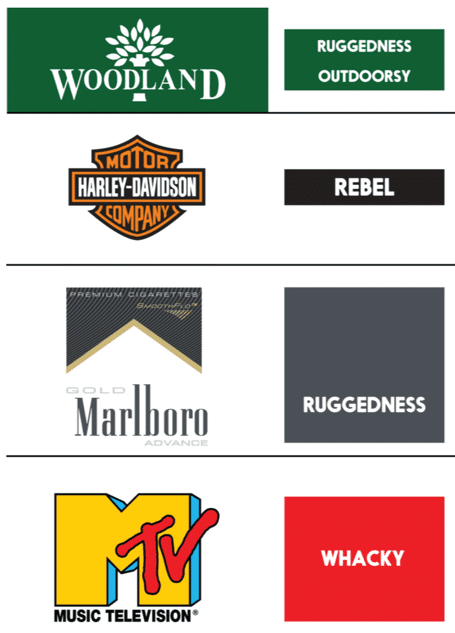
Source: feedough
Consumers often try to match what they think of themselves to the brand's personality. Hence, you, as future marketers, should understand the personality of its target audience in order to influence its consumers.
Lifestyle and Values
Lifestyle is referred to as the way we live every day, conduct our day-to-day activities, behave and react to external stimulus etc. Lifestyles are often shaped by two factors – time constraint or money constraint.
Lakme introduced its BB cream, all-in-one approach for a skincare routine, for the women consumers who don't have enough time to apply different products. Xiaomi India offers mobile phones with multiple features at relatively lower prices for the people who prefer to spend less money on mobile phones and believes in saving value.
Psychological Factors
As a marketer, one needs to understand the thinking process of its consumers. The marketer should know how outside marketing stimuli affects the consumer's thinking process, which ultimately affects the buying behaviour. There are four psychological processes or factors that affect consumer behaviour:
Motivation
Motivation has two core components – one is direction, i.e., we select one goal over the other and second is the intensity, i.e., we work with vigour to achieve that goal.
Here, in the marketing context, the marketing activities will influence consumers to purchase the product to buy that product and decide the intensity with which consumers will desire it. Here are the two most famous motivational theories-
- Maslow's Theory – This theory says that humans will satisfy his most important needs first and then move on to next need. According to this theory, human needs can be arranged in a hierarchy in the following way. We need to satisfy our physiological needs to survive when they are fulfilled; we require safety needs to be satisfied. Like this way, come the other three needs. Here, marketers should understand that at what level of hierarchy their consumers are and what are their needs and requirements. Their needs can be satisfied accordingly then.
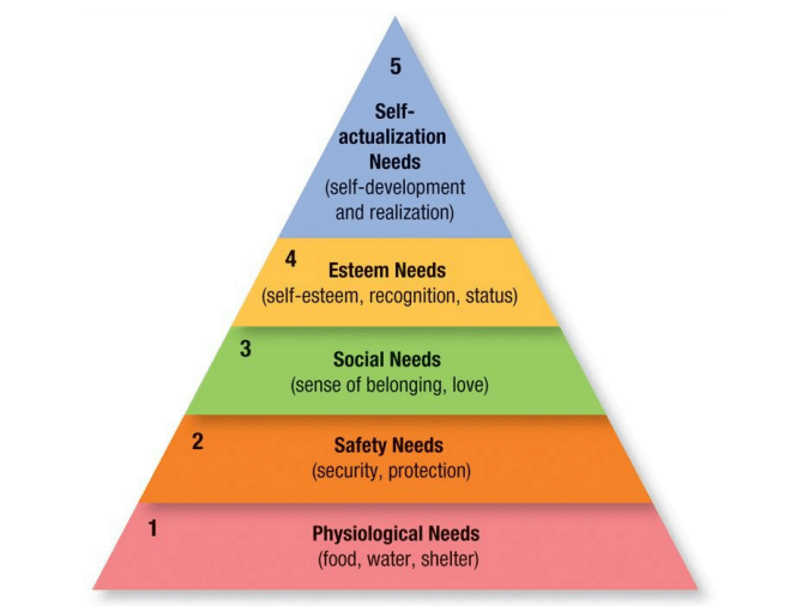
Source: Marketing Management, Philip Kotler
- Herzberg's Theory – There are two factors according to this theory, one is satisfaction, and the other is its opposite called dissatisfaction. There are factors that cause dissatisfaction, for example – You ordered clothes for you, and they are not adequately stitched, then this is a source of dissatisfaction for you as a consumer. Absence of these factors will not motivate your consumers to buy your product. Satisfying factors like unique design, quality, features should be present in order to motivate consumers to buy your product.
Perception
Consumers' behaviour is largely influenced by how he perceives the marketing activities happening around. Perception is the process of how you select, organize and interpret the information around you. Consumers perceive various kinds of information through their senses which has also led to Sensory Marketing's evolution.

Source: wordpress.com
We all perceive different things differently; one object will not have the same perception for any of the two beings. This is because it all depends upon three perceptual processes; these are as follows:
- Selective Attention – We see a lot of brand promotions and advertisements in a day, but we cannot pay attention to all. We only pay attention to things which attract our attention. Hence, marketers need to work hard to design brand promotions in such a way that attracts consumers' attention.
- Selective Distortion – When I give you two exactly the same products and tell you that one is branded and the other one is unbranded. You will most likely pick the branded one and like it more than unbranded one, even though both were exactly the same. Why? This is because of the selective distortions that we hold.
- Selective Retention – I am sure you all must have remembered that 'Washing Powder Nirma' advertisement. Not everything that we notice and pay attention to can be remembered and retained by us. Marketers should work towards how to make their advertisements attractive enough so that consumers will retain it.
I hope by now, you have understood the factors affecting consumer behaviour and how important they are for you as future marketers. As B-school students, you should not wait to start observing all these factors around us to get a ground-level perspective of all the different factors affecting consumer behaviour.
Conclusion
- Consumer Behaviour is the study of how consumers select and buy goods, services, ideas to satisfy their needs.
- The consumer behaviour influences the consumers' buying behaviour; hence, it is important to understand consumer behaviour in greater detail.
- The factors affecting consumer behaviour are broadly classified into three categories; Personal, Cultural and Social.
- The cultural factors are the most influential determinant of consumers behaviour. This includes the values and beliefs that individuals of society adopt as a part of society. A child grown in India will have different preferences as compared to a child brought up in any other country.
- The personal factors influencing consumer behaviour includes Age, Life-cycle stage, Occupation, Personality and self-concept and Lifestyle and values.
- The social factors influencing consumer behaviour includes Reference groups, Cliques, Family, Roles and Status.
- The psychological factors influencing consumer behaviour includes the processes of Motivation and Perception.



